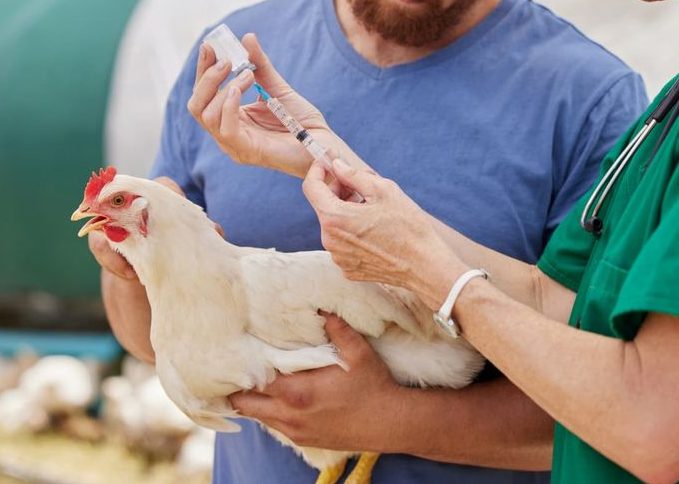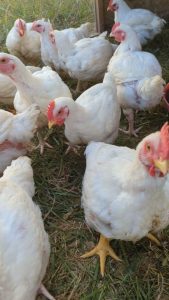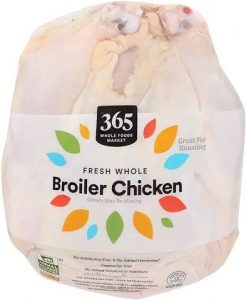Raising broiler chickens involves more than just providing feed and water. Ensuring their health and immunity is paramount to sustainable poultry farming. One of the most effective ways to protect broiler chickens from infectious diseases is through a well-planned vaccination schedule. In this article, we delve into the importance of vaccination and outline a recommended schedule to safeguard your flock.
- Why Vaccination is Crucial for Broiler Chickens
Broiler chickens are bred for rapid growth, which makes them more susceptible to various diseases. These diseases can spread quickly through a flock, causing significant economic losses due to increased mortality rates and reduced productivity. Vaccinations help to build immunity against these diseases, minimizing the risk of outbreaks and ensuring healthier chickens.
- Essential Vaccinations for Broiler Chickens
1. Marek’s Disease Vaccine
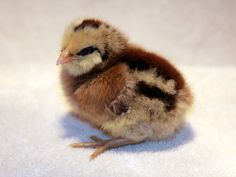
- Timing: Day 1 (at hatchery)
- Purpose: Protects against Marek’s disease, a viral infection causing tumors and paralysis.
2. Newcastle Disease Vaccine
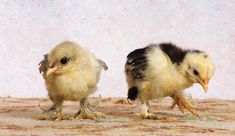
- Timing: 7-14 days (initial dose), 21-28 days (booster)
- Purpose: Prevents Newcastle disease, which affects the respiratory, nervous, and digestive systems.
3. Infectious Bronchitis Vaccine
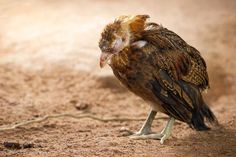
- Timing: 7-14 days (initial dose), 21-28 days (booster)
- Purpose: Guards against infectious bronchitis, a viral disease impacting the respiratory tract and reproductive system.
4. Infectious Bursal Disease (Gumboro) Vaccine
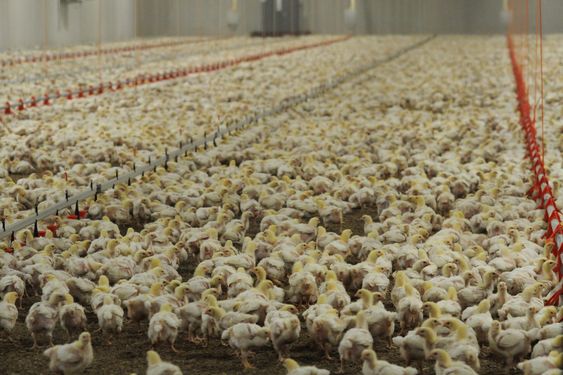
- Timing: 14-21 days (initial dose), 28-35 days (booster if necessary)
- Purpose: Protects against infectious bursal disease, which weakens the immune system, making chickens more susceptible to other infections.
5. Coccidiosis Vaccine
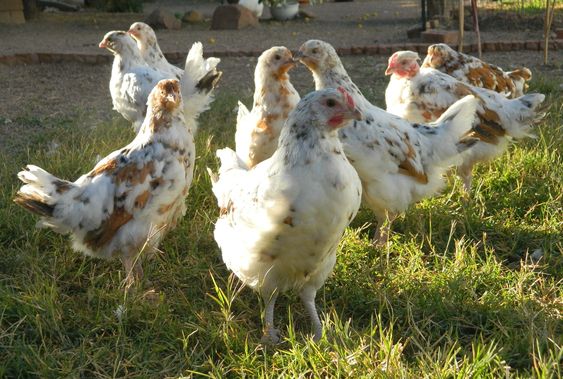
- Timing: Day 1 (at hatchery) or 5-9 days
- Purpose: Prevents coccidiosis, a parasitic disease of the intestines causing diarrhea, poor growth, and mortality.
Implementing the Vaccination Schedule
1. Consult with a Poultry Veterinarian:
- Work closely with a qualified poultry veterinarian to develop a vaccination schedule tailored to your flock’s specific needs and regional disease prevalence. Veterinarians can provide expert guidance on vaccine selection and administration techniques.

On a special note, our company can help you to start by giving you all the necessary information you need to get started if not yet in the business. Please check our online shop, we have all the standard business proposals for different capacities at very a cheap price made by the best agricultural specialists as well as Standard design plans that are made by the best agricultural architects around the globe. please visit our online shop now using the links below to witness by yourself
Design plans (FARM HOUSE DESIGNS – Kimd Construction & Farm Consultants)
Business plans (BUSINESS PLANS & PROPOSALS – Kimd Construction & Farm Consultants)
Welcome back from visiting our shop, hope you have placed your order for any of our products or you can place it after navigating more of our informative articles.
So let us continue with the article!
2. Maintain Detailed Records:
- Keep meticulous records of all vaccinations administered, including dates, types of vaccines used, and batch numbers. Accurate documentation ensures that all chickens receive the necessary vaccinations and helps track the health status of your flock over time.

3. Follow Proper Administration Practices:
- Adhere to recommended vaccine administration practices, whether through injection, spraying, or water delivery. Proper handling and storage of vaccines are critical to maintaining their efficacy and ensuring effective immunization of your chickens.
4. Monitor and Evaluate:
- Monitor your chickens post-vaccination for any adverse reactions and follow up with your veterinarian if necessary. Regularly evaluate the effectiveness of your vaccination program to make adjustments as needed based on feedback from your veterinarian and observed flock health.
Conclusion
A well-executed vaccination schedule is vital for protecting broiler chickens from infectious diseases and promoting overall flock health. By investing in preventive measures such as vaccinations, poultry farmers can reduce the incidence of disease outbreaks, minimize losses, and maintain sustainable poultry farming practices.

